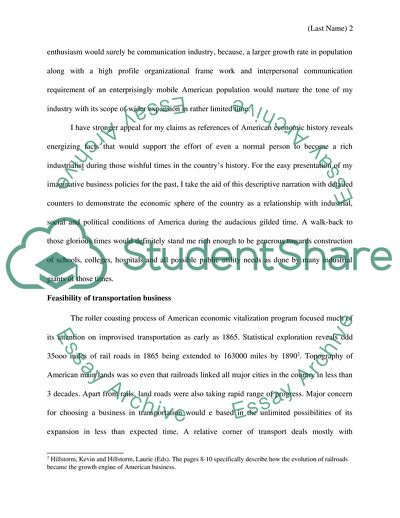Cite this document
(American Economy After the Civil War Case Study, n.d.)
American Economy After the Civil War Case Study. Retrieved from https://studentshare.org/macro-microeconomics/1746625-america-during-the-gilded-age
American Economy After the Civil War Case Study. Retrieved from https://studentshare.org/macro-microeconomics/1746625-america-during-the-gilded-age
(American Economy After the Civil War Case Study)
American Economy After the Civil War Case Study. https://studentshare.org/macro-microeconomics/1746625-america-during-the-gilded-age.
American Economy After the Civil War Case Study. https://studentshare.org/macro-microeconomics/1746625-america-during-the-gilded-age.
“American Economy After the Civil War Case Study”. https://studentshare.org/macro-microeconomics/1746625-america-during-the-gilded-age.


